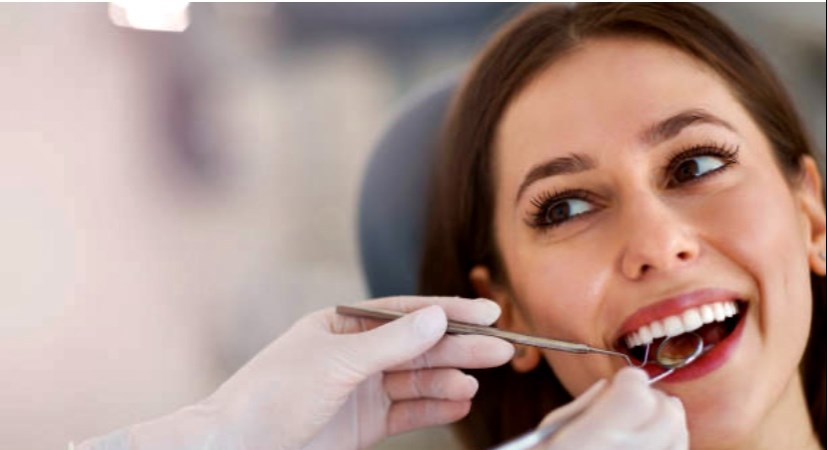It's summertime, time to sit back and unwind. Between the pool parties, staycations, barbecues and out-of-state adventures, there is a lot to smile about this summer.
At least there is if you’re prepared to avoid these three seasonal smile busters.
Dangerous waters ahead
As a former lifeguard with more than 12 years of swim instruction and community pool management experience, I have seen everything from pool deck stumbles to failed backflips leading to injury—many to the face, mouth, jaw and teeth. And these injuries aren’t limited to children. To prevent some of these potentially dangerous scenarios at the pool, consider:
- Encouraging (and modeling) walking instead of running alongside the pool.
- Being mindful of floaties, toys or other pool gear that may obstruct the view of pool ledges, railings or other people.
- Making a rule that everyone may only jump into the pool at the deep end, even the adults (and no backflips).
Sugary snacks-idents
Unfortunately, many of the yummy snacks and drinks associated with summer can lead to a big, old mouth-related bummer. The sugar and carbonation in soda mix with oral bacteria to form acid, which attacks the teeth with vigor. Ongoing acid attacks weaken tooth enamel and exponentially increase the risk of cavities and gum disease. And soda is not alone on this smile-ruining mission. Although fruit drinks like orange juice or lemonade are not carbonated like soda, they too have acid and high levels of sugar that can cause decay.
This is not to say to cut out sugary drinks altogether, but rather be mindful of the family’s intake. When enjoying juice or soda, use a biodegradable straw and encourage family members to rinse mouth with water when they’re done for an added level of protection.
There are also a variety of summer foods high in acid and sugar lurking around this season. These include most citrus and tropical fruits, alcohol including beer and wine, grapes, most iced treats on a stick, tomatoes (and by extension – ketchup), corn, pizza, lunchmeat and fried foods. Consider moderating these foods and substituting them with plant-based proteins, natural sweeteners like raw honey or maple syrup, fresh vegetables, beans and lentils, ginger and popsicles made with natural ingredients.
Another sneaky summer smile killer? Dehydration. When the body doesn’t produce enough saliva, bacteria reign free throughout the mouth. Not only will you feel tired and crummy, but your breath will stink too.
Travel trauma
An oral health emergency can happen any time. Common dental emergencies may include a knocked out or missing permanent tooth, swelling in the mouth, bleeding that won’t stop or a painful toothache. An infection or abscess in the mouth could also need emergency care as they can be life-threatening if left untreated. Thankfully, most dental plans work anywhere in the United States. Some plans even cover emergency care out of the country.
While it is important to know what your dental plan covers, it’s also good to know what is not covered before hopping in the car or on that plane. Dental coverage often does not apply to emergency rooms or urgent care visits, for example. But emergency room or urgent care visits are usually covered by a medical plan, so double check. Same goes for prescriptions.
Finally, know how to assess an issue versus an emergency. Have a throbbing tooth? Try brushing and flossing; it may simply be a piece of food that has gotten lodged in an uncomfortable spot. Bent wires on braces or dentures? Avoid this altogether with a quick stop at the dentist or orthodontist for dental wax before leaving town. It will be a lifesaver – or a cheek-saver. Lost filling or crown? Dental wax will also work here, keeping the sharp edges of the tooth from bothering the cheek, tongue and rest of the mouth. Bad canker sore? Treat it right by avoiding spicy foods and keeping it clean, and it should be gone in a few days. In the meantime, using over-the-counter numbing gels can help, but stay away from steroid creams.
For more tips on keeping your smile healthy year-roung, visit deltadentalazblog.com.
Tiffany Di Giacinto is with Delta Dental of Arizona.



